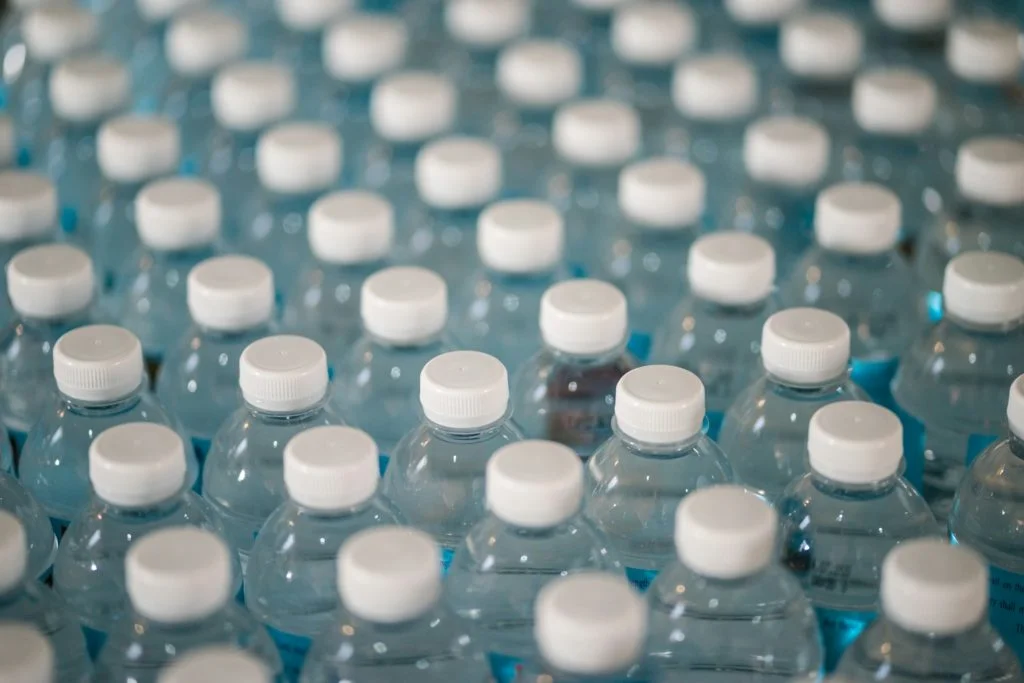Plastic waste is one of the most significant environmental challenges of our time. The amount of plastic waste produced globally since the 1950s is estimated to be around 8.3 billion tonnes, projected to double by 2050. The environmental impact of plastic waste is devastating, as it pollutes our oceans, harms marine life, and contributes to climate change. However, many potential solutions to this problem can help us tackle plastic waste and create a more sustainable future.
Recycling
Recycling is one of the most effective solutions to plastic waste. It involves processing used plastics to create new products, reducing the need for new plastic production. Recycling not only reduces plastic waste but also conserves energy and natural resources. Many countries have implemented recycling programmes to address plastic waste.
Biodegradable and Compostable Plastics
Another potential solution to plastic waste is using biodegradable and compostable plastics. These materials break down naturally in the environment, reducing the amount of plastic waste that ends up in landfills or oceans. Biodegradable plastics are made from plant-based materials, such as cornstarch, while compostable plastics are designed to be composted along with organic waste.
Reducing Single-Use Plastics
Reducing our use of single-use plastics is another effective way to tackle plastic waste. Single-use plastics are items designed to be used once and then thrown away, such as plastic bags, straws, and water bottles. These items are a significant source of plastic waste and can take hundreds of years to decompose. Many countries have implemented policies to reduce single-use plastics, such as banning plastic bags or introducing taxes on plastic bottles. Consumers can also take action by bringing their reusable bags, bottles, and containers.
Product Design
Product design is another way to tackle plastic waste. By designing more durable, reusable, or easily recyclable products, we can reduce the amount of plastic waste produced. This can involve using alternative materials, such as glass or metal, or designing products with fewer parts that are easier to disassemble and recycle. Companies can also take responsibility for the end-of-life of their products by implementing take-back programmes or designing products with circularity in mind.
Plastic Reprocessing
Plastic reprocessing is the process of converting plastic waste into new products. This can involve melting down plastic waste and moulding it into new products or shredding plastic waste and using it as a raw material for new products. Reprocessing can help to reduce the amount of plastic waste in landfills and oceans and can also reduce the demand for new plastic materials.
Conclusion
Plastic waste is a significant environmental challenge that requires urgent action. These solutions can be implemented at the individual, business, and government levels to create a more sustainable future. However, it is important to recognise that there is no single solution to plastic waste, and a combination of approaches will be needed to tackle this complex issue. By working together, we can create a world where plastic waste is no longer a threat to our planet.
Join the sustainable revolution of Pulse Plastics in creating innovative plastic products. Contact us now to learn how our cutting-edge designs can help reduce your carbon footprint and save the environment. Let’s work together to positively impact the environment and create a better world for future generations.


